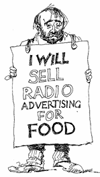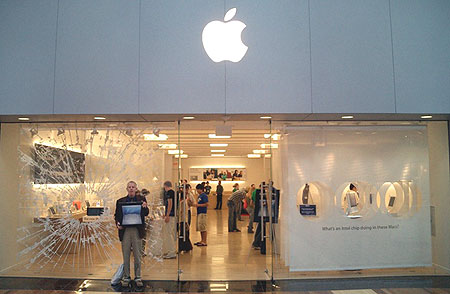A lot of our company’s history is jammed into cardboard boxes and I stumbled upon a little piece this afternoon. This is a copy of an ad [larger image] that ran in Missouri Life Magazine, sometime in the early ’70’s.
Now Missourians from border to border know what their neighbors are doing.
They know what is going on in Jefferson City… in the major metropolitan areas… in the arts… in science… business.
They’re listening to their local radio station… an affiliate of the Missourinet.
The Missourinet is a statewide news network… very similar in operation to the national news networks. Some 40 radio stations carry its hourly newscasts. It has the state Capitol’s largest full-time news bureau. And each week its programs feature hundreds of on-the-scene reports from correspondents and newsmakers over the state.
Missouri + net? Get it? The official name of our company was “Missouri Network, Inc.” back then.


